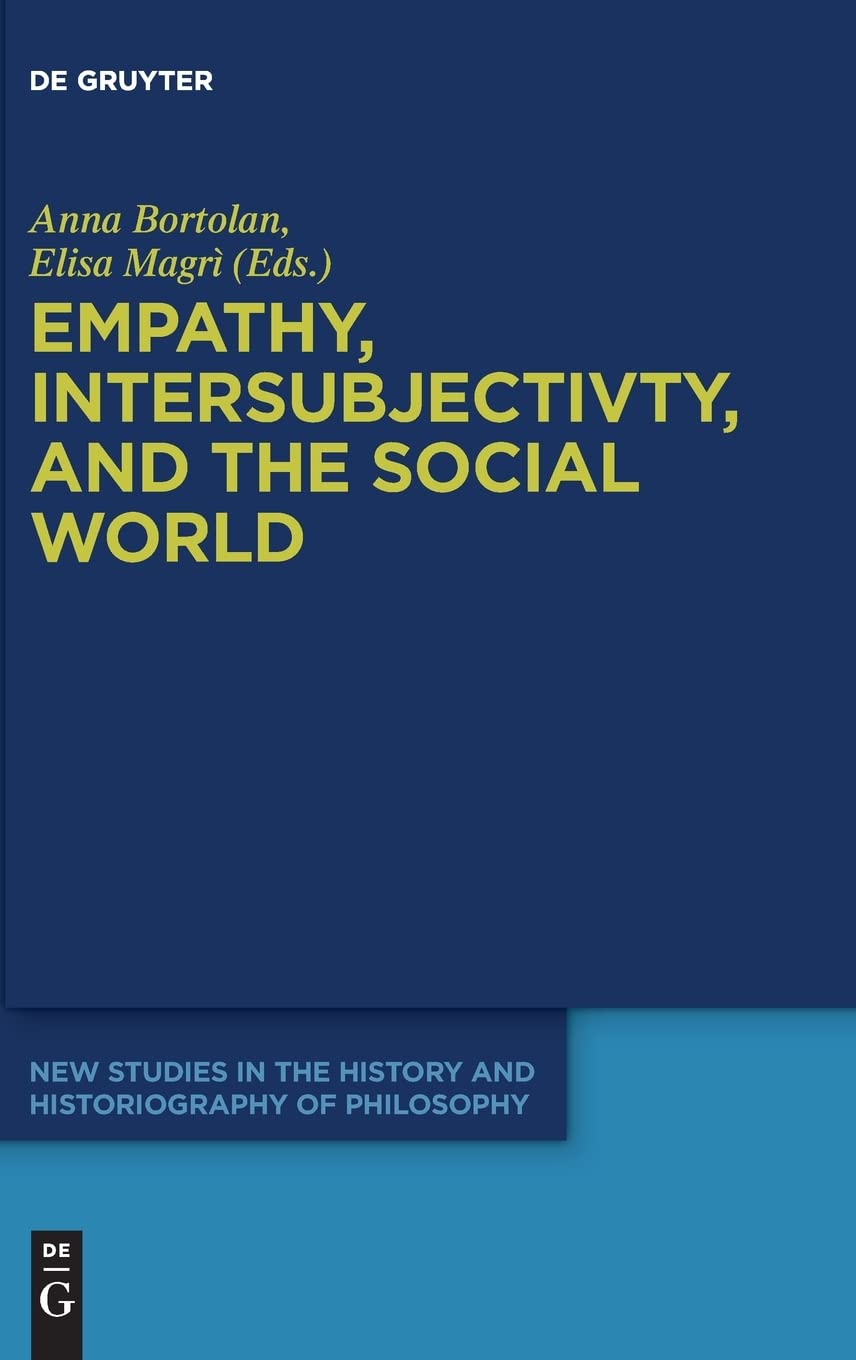

Most ebook files are in PDF format, so you can easily read them using various software such as Foxit Reader or directly on the Google Chrome browser.
Some ebook files are released by publishers in other formats such as .awz, .mobi, .epub, .fb2, etc. You may need to install specific software to read these formats on mobile/PC, such as Calibre.
Please read the tutorial at this link: https://ebookbell.com/faq
We offer FREE conversion to the popular formats you request; however, this may take some time. Therefore, right after payment, please email us, and we will try to provide the service as quickly as possible.
For some exceptional file formats or broken links (if any), please refrain from opening any disputes. Instead, email us first, and we will try to assist within a maximum of 6 hours.
EbookBell Team

4.0
76 reviewsEditorial Board: Karl P. Ameriks (Notre Dame University, West Bend, USA), Margaret Atherton (University of Wisconsin, Milwaukee, USA), Frederick Beiser (Syracuse University, Syracuse, USA), Fabien Capeillères (Université de Caen, France), Faustino Fabbianelli (Universitá di Parma, Italia), Daniel Garber (Princeton University, Princeton, USA), Rudolf A. Makkreel (Emory University, Atlanta, USA), Steven Nadler (University of Wisconsin, Madison, USA), Alan Nelson (University of North Carolina, Chapel Hill, USA), Christof Rapp (LMU München, D), Ursula Renz (Universität Klagenfurt, Österreich), Wilhelm Schmidt-Biggemann (FU Berlin, D), Denis Thouard (HU Berlin, D), Paul Ziche (Universiteit Utrecht, NL), Günter Zöller (LMU München, D)
The series publishes monographs and essay collections devoted to the history of philosophy as well as studies in the theory of writing the history of philosophy. A special emphasis is placed on the contextualization of philosophical historiography into the areas of the history of science, culture, and the wider scope of intellectual history.
The volume gathers together over twenty contributions that emerged from a conference held in in honour of Dermot Moran on the occasion of his retirement from University College Dublin. The book explores the contribution of phenomenology to empathy, intersubjectivity, affectivity, and the constitution of the cultural and social world, from both a historical and an applied philosophical perspective. Theoretical and methodological differences in approach notwithstanding, phenomenologists have converged in the recognition that self and others are fundamentally related, and have provided fine-grained accounts of the origin, forms, and implications of such relationship. The volume critically reconstructs and further develops central aspects of this body of research within a pluralistic framework. It offers a renewed investigation of the work of classical phenomenologists like Husserl, Heidegger, Sartre, and Merleau-Ponty, as well as an original application of phenomenological concepts and theories to contemporary discussions on intentionality, culture, emotions, and morality. The book provides insights for scholars in phenomenological philosophy as well as in philosophy of mind and interpersonal and social experience.